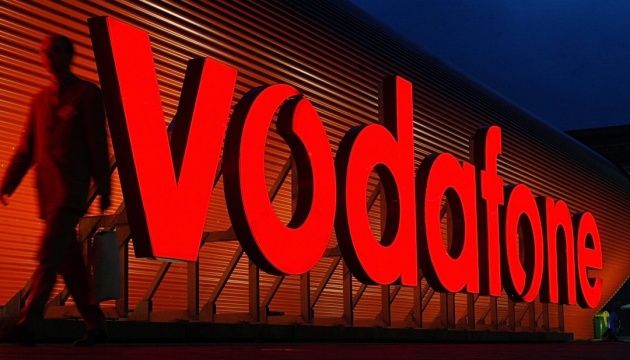The British company Vodafone, together with the American company Intel, announced its intention to create a special chipset architecture for Open RAN technology.
reported According to Reuters, Ukrinform.
Santiago Tenorio, the company’s director of network architecture, confirmed that the partners will jointly produce the chipsets at its campus in Malaga, Spain.
According to him, the chipsets will initially be available to small third-party manufacturers to test their own algorithms without large financial costs.
“Combining Vodafone’s networking expertise with Intel’s strengths in silicon architecture will enable rapid prototyping, validation and testing, ultimately leading to faster mass production of the chips needed to accelerate the industry,” he said.
Vodafone and Orange said that they successfully carried out 4G calls using Open RAN technology in a region near Bucharest.
In addition, Vodafone said the pilot project with Nokia in Italy aims to prove that Nokia’s Open RAN solution can achieve the same functionality and performance as purpose-built RAN.
According to them, both companies used equipment and software provided by Samsung, Wind River and Dell in the pilot project.
Open RAN allows mobile operators to mix and match equipment from different vendors, potentially increasing flexibility. But so far this progress has been slow, and the chip market is dominated by solutions from Ericsson, Nokia and Huawei.
As Ukrinform reported, TSMC, the world’s largest independent semiconductor company, headquartered in Taiwan, has approved an investment of 3.5 billion euros for the construction of its first facility in Europe.













